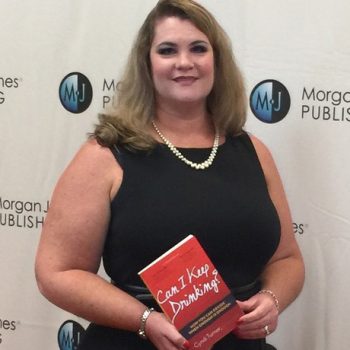1.
Do I have more than two drinks a day for men/one for women?
2.
Has my alcohol use been increasing?
3.
When I drink do I have a hard time stopping?
4.
Do I have any medical issues?
5.
Am I taking any medication?
6.
Have there been repeated consequences from my alcohol use?
7.
Have I experienced trauma or have a PTSD diagnosis?
8.
Am using alcohol to change my mood?
9.
Has my alcohol use negatively affected my loved ones?
10.
Do I have any mental health concerns?
11.
Do I use any other non-prescribed mood altering substances?
12.
Do I have any legal, probationary, or work issues?
13.
Was I raised in a heavy drinking environment?
14.
Have I had withdrawals from drinking?
15.
Do I have elevated liver enzymes?
16.
Have I experienced blackouts?
17.
Was my first drink before age 15?
18.
Will I review my alcohol use with my support system?
19.
Do I have alcohol-free outlets or hobbies?
20.
Am I willing to go through a period of abstinence?
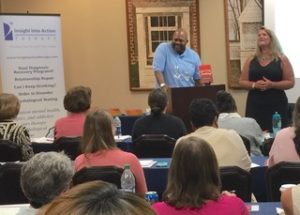

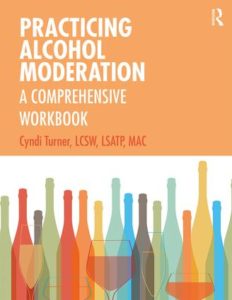 Practicing Alcohol Moderation is designed to be used by clients of behavioral health care providers who have utilized The Clinician’s Guide to Alcohol Moderation. This groundbreaking workbook can be used on its own or in conjunction with therapy, and additionally as a resource for family members whose loved ones are struggling with alcohol. It gives transparent, easy-to-follow, research-based explanations with questionnaires, checklists, quizzes, and worksheets. Each chapter begins with a brief overview and is interspersed with exercises and client experiences, combining research-based information with practical self-assessments, tools, and questions to answer to practice alcohol moderation. You can take the
Practicing Alcohol Moderation is designed to be used by clients of behavioral health care providers who have utilized The Clinician’s Guide to Alcohol Moderation. This groundbreaking workbook can be used on its own or in conjunction with therapy, and additionally as a resource for family members whose loved ones are struggling with alcohol. It gives transparent, easy-to-follow, research-based explanations with questionnaires, checklists, quizzes, and worksheets. Each chapter begins with a brief overview and is interspersed with exercises and client experiences, combining research-based information with practical self-assessments, tools, and questions to answer to practice alcohol moderation. You can take the 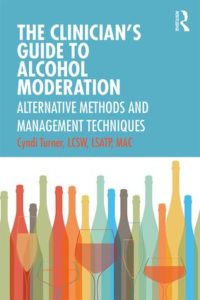 The Clinician’s Guide to Alcohol Moderation
The Clinician’s Guide to Alcohol Moderation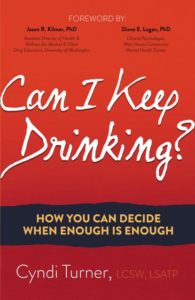 “Can I Keep Drinking? How You Can Decide When Enough is Enough” was written for the 90+ million people who struggle with alcohol in the United States. Most people will avoid getting help for fear of being labeled an “alcoholic”, forced into treatment, made to attend 12-Step meetings, and ordered to stop drinking completely. We challenge these beliefs and teach you how to have a healthier relationship with alcohol.
“Can I Keep Drinking? How You Can Decide When Enough is Enough” was written for the 90+ million people who struggle with alcohol in the United States. Most people will avoid getting help for fear of being labeled an “alcoholic”, forced into treatment, made to attend 12-Step meetings, and ordered to stop drinking completely. We challenge these beliefs and teach you how to have a healthier relationship with alcohol.
